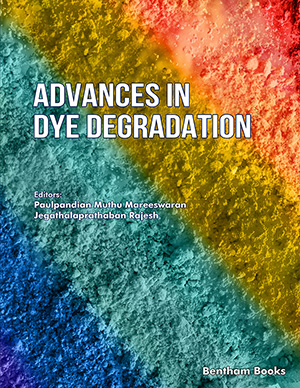Abstract
Objective: Mesangial proliferative glomerulonephritis (MsPGN) is an important cause of chronic kidney disease. Abnormal proliferation of mesangial cells and immune-inflammatory response are its important pathological manifestations. Currently, there is no ideal treatment for this disease. Fufang Banbianlian Injection (FBI) has anti-inflammatory, antioxidant, and immuneenhancing effects, and is mostly used for the treatment of bronchitis, pneumonia, and respiratory tract infections in children.
Methods: A rat model of MsPGN was established and treated with FBI. The efficacy was tested through pathological experiments and urine protein quantification. Network pharmacology methods were used to predict the signaling pathways and key proteins that exert the efficacy of FBI, and were screened through molecular docking experiments. The active substances that work were verified through cell experiments.
Results: The results confirmed that intervention with FBI can inhibit the proliferation of glomerular cells and reduce the infiltration of macrophages, thereby reducing the pathological damage of rats with mesangial proliferative nephritis; it has been found to have an obvious therapeutic effect. Molecular docking results have shown kaempferol (Kae), the main component of FBI, to have a good affinity for key targets. The results of in vitro verification experiments showed that FBI and its active ingredient Kae may play a therapeutic role by regulating the NF-κB signaling pathway in mesangial cells, inhibiting its activation and the secretion of proinflammatory cytokines.
Conclusion: Through network pharmacology, molecular docking, and experimental verification, it was confirmed that FBI and its active ingredient Kae can reduce the molecular mechanism of pathological damage of MsPGN by regulating the NF-κB signaling pathway and providing potential therapeutic drugs for the treatment of this disease.
Keywords: Mesangial proliferative glomerulonephritis, fufang banbianlian injection, network pharmacology, kaempferol, NF-κB signaling pathway, kaempferol.
 3
3


























